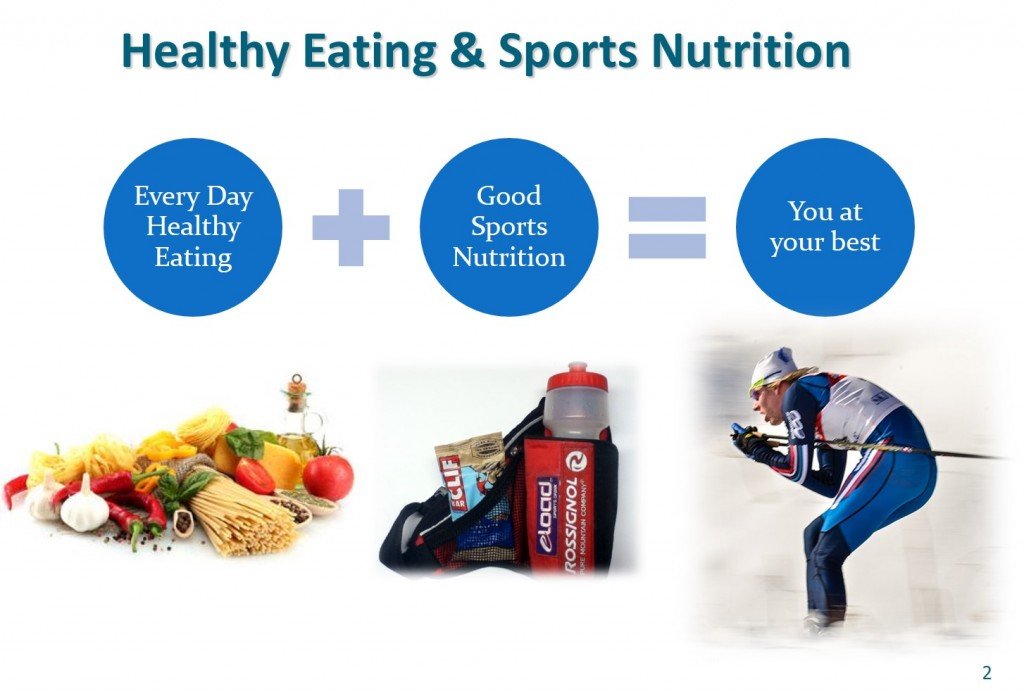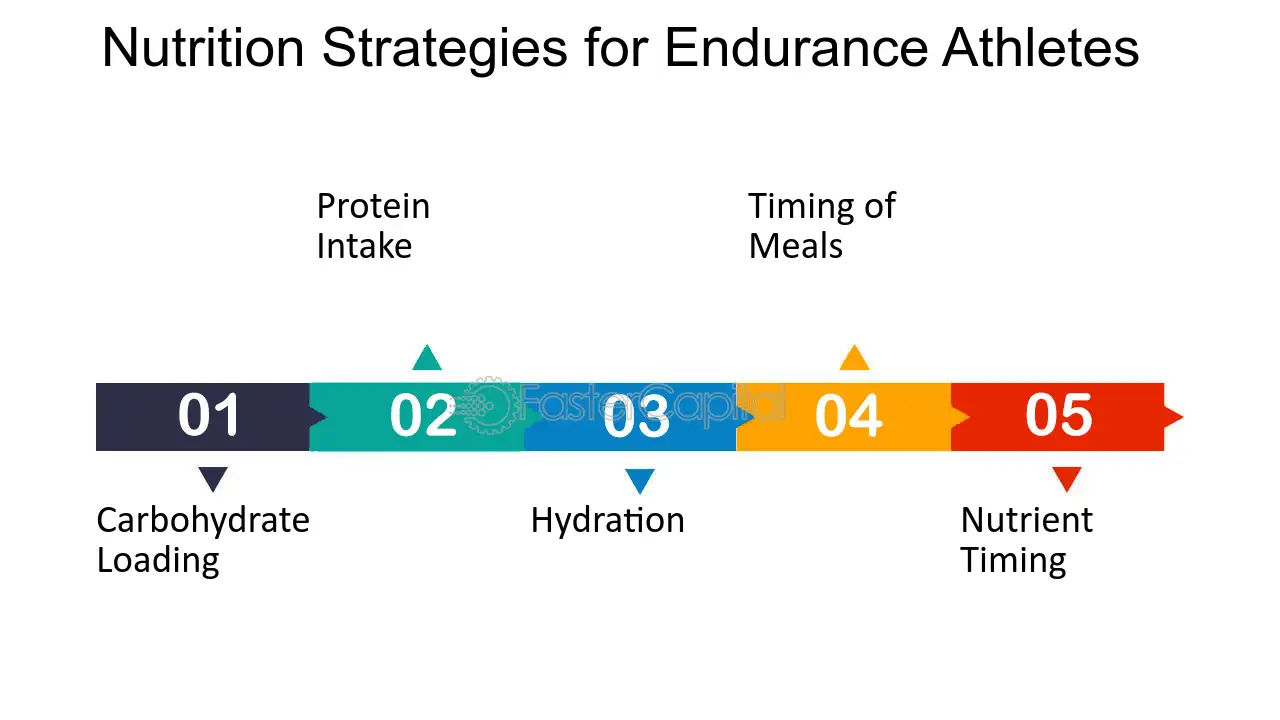Nutrition Tips for Peak Performance in Fitness Events
Nutrition plays a crucial role in preparing for and performing well in fitness events, including obstacle races, marathons, and endurance challenges. Here are essential nutrition tips to optimize your performance:
1. Fueling Before the Event
- Carbohydrate Loading: Consume a carbohydrate-rich meal 1-2 days before the event to maximize glycogen stores in muscles. Include foods like whole grains, pasta, rice, and fruits.
- Hydration: Start hydrating well in advance. Aim to drink plenty of water throughout the day before the event. Avoid excessive caffeine and alcohol, which can dehydrate you.
- Pre-Race Meal: Eat a balanced meal 2-3 hours before the event. Include carbohydrates for energy (e.g., oatmeal, whole grain toast), lean proteins (e.g., eggs, yogurt), and a small amount of healthy fats (e.g., nuts, avocado).
2. During the Event
- Hydration Strategy: Stay hydrated during the event by sipping water or electrolyte drinks at regular intervals. Adjust intake based on sweat rate and environmental conditions.
- Energy Boosters: Consume easily digestible carbohydrates during prolonged events (more than 60-90 minutes). Energy gels, sports drinks, bananas, or energy bars can provide quick fuel without causing gastrointestinal distress.

3. Post-Event Recovery
- Rehydration: Immediately after finishing, replenish fluids lost during the event. Drink water or electrolyte beverages to restore hydration levels.
- Protein for Muscle Repair: Consume a snack or meal containing protein and carbohydrates within 30-60 minutes post-event. This aids muscle recovery and glycogen replenishment. Good options include a protein shake, Greek yogurt with fruit, or a turkey sandwich on whole grain bread.
4. General Nutrition Guidelines
- Balanced Diet: Maintain a balanced diet rich in whole grains, lean proteins, healthy fats, and plenty of fruits and vegetables to support overall health and performance.
- Timing of Meals: Eat regular meals and snacks throughout the day to maintain energy levels and avoid hunger during training and events.
- Avoid Experimenting on Race Day: Stick to foods and products you’ve used during training to prevent digestive issues or unexpected reactions.
5. Supplements
- Electrolytes: Consider electrolyte supplements or sports drinks during prolonged events to maintain electrolyte balance and prevent cramping.
- Caffeine: In moderation, caffeine can enhance endurance and mental focus. Experiment with small amounts during training to gauge tolerance.
6. Individual Needs and Experimentation
- Personalize Your Plan: Adjust nutrition strategies based on your individual needs, preferences, and responses during training sessions. What works for others may not work for you, so experiment and find what fuels your best performance.
Conclusion
Nutrition is a cornerstone of peak performance in fitness events. By prioritizing balanced meals, adequate hydration, and strategic fueling before, during, and after the event, you can optimize energy levels, enhance endurance, and support muscle recovery. Consistency in nutrition habits and careful planning will help you achieve your fitness goals and perform at your best in any challenging event.



